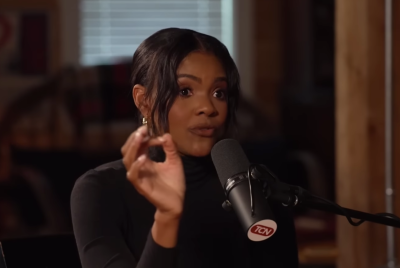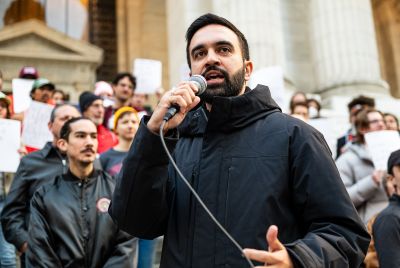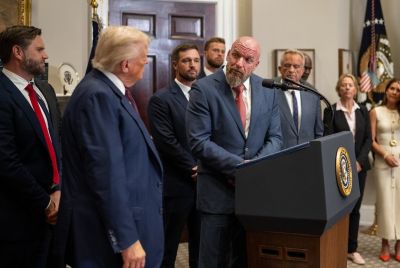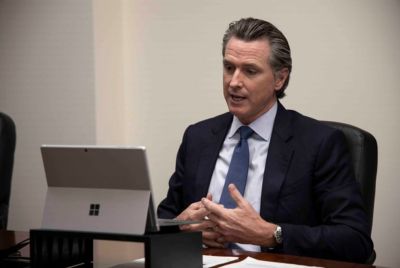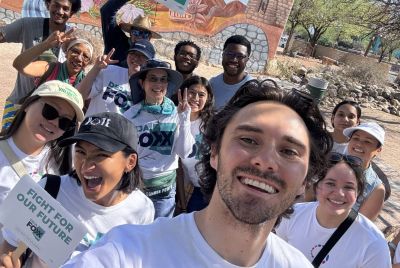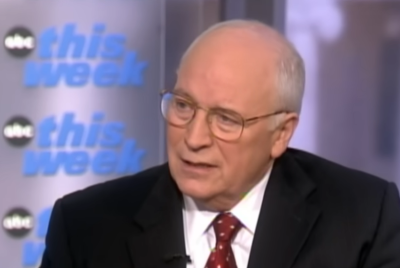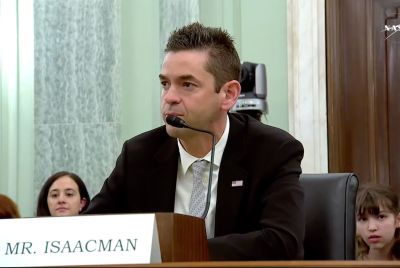UK Riots 2011: Prime Minister's Plans Could Let Police Control Who Citizens Speak to
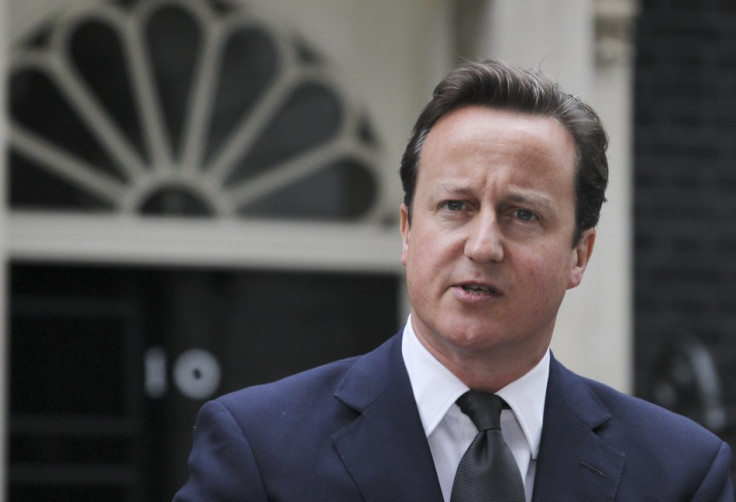
New plans from UK Prime Minister David Cameron indicating a possible move to grant police the power to block people from using social media, add to existing powers allowing police to place injunctions on youths, controlling who the interact with.
Riots and Social Media
The new plans to examine the plausibility of granting police forces the power to block certain people from using social media services such as Twitter and Facebook, came in the aftermath of the recent slew of riots sweeping the UK.
In a statement following the riots the Prime Minister (PM) clarified that he would "review" potential bans to see whether such policies would be possible.
"[W]hen people are using social media for violence we need to stop them. So we are working with the police, the intelligence services and industry to look at whether it would be right to stop people communicating via these websites and services when we know they are plotting violence, disorder and criminality," commented Cameron.
The question of social media's role in the riots first arose on Tuesday evening when David Lammy, the MP for Tottenham appealed to RIM to shutdown its messenger service, claiming that rioters were using it to coordinate.
Since then UK law enforcement have arrested numerous individuals for using services such as Twitter to attempt to incite new riots. Most recently three individuals have been arrested on suspicion of using Twitter and BlackBerry messenger to incite new riots in Southampton.
Police Gang Injunctions
The news about possible powers allowing police to block individuals from social media add to UK law enforcement's existing "gang injunction" powers.
An email distributed amongst the Metropolitan Police regarding the injunctions clarified that they grant police powers to stop certain youths meeting and interacting with each other.
According to the document, the injunctions allow police to control who the individual can interact with, by placing "a range of prohibitions and requirements on the respondent."
The injunctions were planned before the riots in 2009 and are currently being used by police to help "break up" the gang-culture spreading across the UK.
"[A] gang injunction aims:1 to prevent the respondent from engaging in, or encouraging or assisting, gang-related violence; and/or to protect the respondent from gang-related violence.
"Over the medium and longer term, gang injunctions aim to break down violent gang culture, prevent the violent behaviour of gang members from escalating and engage gang members in positive activities to help them leave the gang," read the police document.
The injunctions require the police to apply to a judge, demonstrating "evidence that the respondent has engaged in, encouraged or assisted gang-related violence."
The document confirmed that "All applications must focus on gang-related violence rather than, for example, acts of anti-social behaviour, acquisitive crime or drug dealing involving gangs."
While already in place, reports suggest UK police forces are in the process of requesting that the laws be amended, streamlining the process making it easier for them to secure injunctions against individuals suspected of gang activity.
If successful and coupled with Cameron's own social media bans, the reforms could allow police to effectively cut individuals off from wider society, taking away their ability to communicate with people both online and off.
© Copyright IBTimes 2025. All rights reserved.




